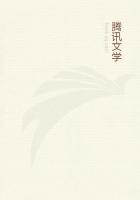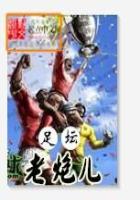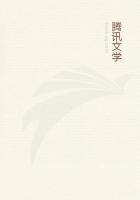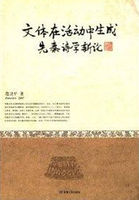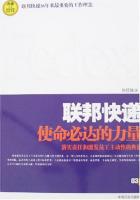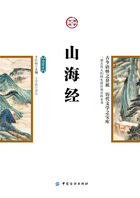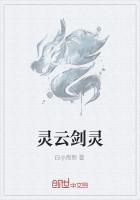The winter after I left school was spent in the Woman's Medical College of Philadelphia, but the development of the spinal difficulty which had shadowed me from childhood forced me into Dr.
Weir Mitchell's hospital for the late spring, and the next winter I was literally bound to a bed in my sister's house for six months.
In spite of its tedium, the long winter had its mitigations, for after the first few weeks I was able to read with a luxurious consciousness of leisure, and I remember opening the first volume of Carlyle's "Frederick the Great" with a lively sense of gratitude that it was not Gray's "Anatomy," having found, like many another, that general culture is a much easier undertaking than professional study. The long illness inevitably put aside the immediate prosecution of a medical course, and although I had passed my examinations creditably enough in the required subjects for the first year, I was very glad to have a physician's sanction for giving up clinics and dissecting rooms and to follow his prescription of spending the next two years in Europe.
Before I returned to America I had discovered that there were other genuine reasons for living among the poor than that of practicing medicine upon them, and my brief foray into the profession was never resumed.
The long illness left me in a state of nervous exhaustion with which I struggled for years, traces of it remaining long after Hull-House was opened in 1889. At the best it allowed me but a limited amount of energy, so that doubtless there was much nervous depression at the foundation of the spiritual struggles which this chapter is forced to record. However, it could not have been all due to my health, for as my wise little notebook sententiously remarked, "In his own way each man must struggle, lest the moral law become a far-off abstraction utterly separated from his active life."
It would, of course, be impossible to remember that some of these struggles ever took place at all, were it not for these selfsame notebooks, in which, however, I no longer wrote in moments of high resolve, but judging from the internal evidence afforded by the books themselves, only in moments of deep depression when overwhelmed by a sense of failure.
One of the most poignant of these experiences, which occurred during the first few months after our landing upon the other side of the Atlantic, was on a Saturday night, when I received an ineradicable impression of the wretchedness of East London, and also saw for the first time the overcrowded quarters of a great city at midnight. A small party of tourists were taken to the East End by a city missionary to witness the Saturday night sale of decaying vegetables and fruit, which, owing to the Sunday laws in London, could not be sold until Monday, and, as they were beyond safe keeping, were disposed of at auction as late as possible on Saturday night. On Mile End Road, from the top of an omnibus which paused at the end of a dingy street lighted by only occasional flares of gas, we saw two huge masses of ill-clad people clamoring around two hucksters' carts. They were bidding their farthings and ha'pennies for a vegetable held up by the auctioneer, which he at last scornfully flung, with a gibe for its cheapness, to the successful bidder. In the momentary pause only one man detached himself from the groups. He had bidden in a cabbage, and when it struck his hand, he instantly sat down on the curb, tore it with his teeth, and hastily devoured it, unwashed and uncooked as it was. He and his fellows were types of the "submerged tenth," as our missionary guide told us, with some little satisfaction in the then new phrase, and he further added that so many of them could scarcely be seen in one spot save at this Saturday night auction, the desire for cheap food being apparently the one thing which could move them simultaneously. They were huddled into ill-fitting, cast-off clothing, the ragged finery which one sees only in East London.
Their pale faces were dominated by that most unlovely of human expressions, the cunning and shrewdness of the bargain-hunter who starves if he cannot make a successful trade, and yet the final impression was not of ragged, tawdry clothing nor of pinched and sallow faces, but of myriads of hands, empty, pathetic, nerveless and workworn, showing white in the uncertain light of the street, and clutching forward for food which was already unfit to eat.
Perhaps nothing is so fraught with significance as the human hand, this oldest tool with which man has dug his way from savagery, and with which he is constantly groping forward. I have never since been able to see a number of hands held upward, even when they are moving rhythmically in a calisthenic exercise, or when they belong to a class of chubby children who wave them in eager response to a teacher's query, without a certain revival of this memory, a clutching at the heart reminiscent of the despair and resentment which seized me then.

